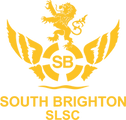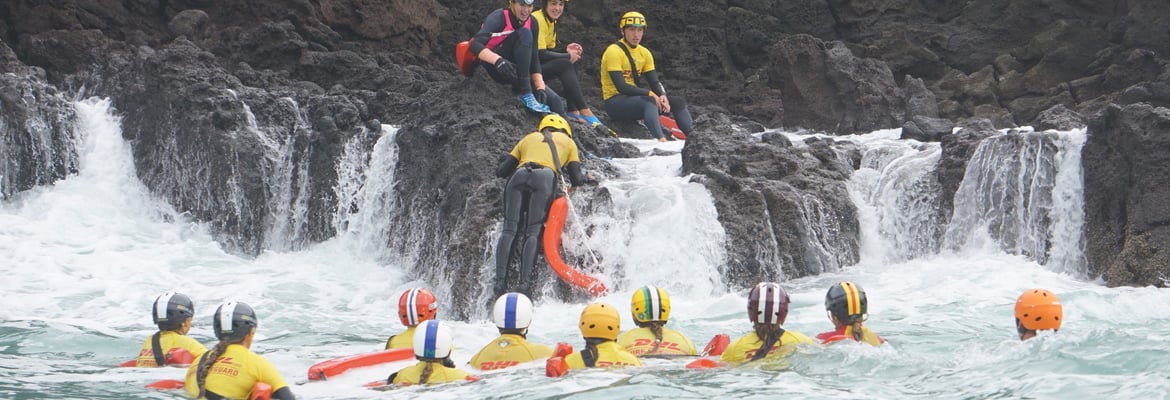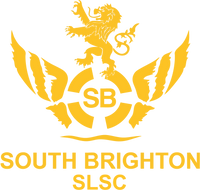Once you have your lifeguard award there are many other qualifications and courses that you can get involved in to continue developing your skills.
Surf Life Saving NZ is the best source of information for all available courses/qualifications and below is a summary of the most popular opportunities.
Modules
Board Rescue Module
Designed to help lifeguards develop their rescue skills with a rescue board, including both conscious and unconscious rescues.
Rock Rescue Module
The starting point for training lifeguards in rock activities and operations, giving lifeguards the knowledge and skills required to perform rock entries, exits and rescues.
VHF Radio Operators
Designed to give lifeguards the knowledge and skills needed to be able to use a VHF radio whilst on patrol, including emergency situations. It's a legal requirement for members to have this qualification in order to use a marine VHF radio.
Advanced Qualifications
Intermediate Lifeguard School
A two-day course, designed to provide junior lifeguards with the skill skill development, knowledge and further understanding to develop as a lifeguard. The course is a dynamic combination of theory and practical based sessions to enhance the candidate's learning through a variety of situations.
Advanced Lifeguard Award (ALA)
This award is gained by completing all of the prerequisites and successfully completing a National Lifeguard School (NLS). The NLS combines dynamic theory sessions with a number of intensive practical and scenario based activities.
Putting it into Practice
Event Guards
Event guards help with water safety at junior carnivals and can choose the age group they feel most suited to helping - you don't need an extra qualification to do this. Event guarding involves anything from standing in knee deep water with a tube for younger age groups through to being out in the surf on a paddleboard for older age groups.
Regional Guard (Paid Lifeguard Service)
During the peak summer season, Surf Life Saving Southern Region employs lifeguards to patrol beaches across Canterbury. Paid Guards operate Monday to Friday between 10am - 6pm, including public holidays such as Christmas Day and New Year’s Day.
Patrols run from mid-December to February and mid-November to mid-March at some busier locations.
Senior Lifeguard Award - Patrol Captain
This qualification provides the knowledge and skills required to act as a patrol captain. The qualification also covers theory on leadership topics which are then put into practice during scenarios. This prepares lifeguards for the leadership role that is essential to being a successful patrol captain.
Powercraft Qualifications
IRB Crewperson
This is the starting point for education in the IRB, providing the knowledge and skills required to respond as a crewperson in rescue situations.
IRB Driver
The course for creating competent IRB drivers. This qualification has a number of theoretical and practical components such driving in the surf, solo driving and maritime regulations to prepare lifeguards to respond in rescue situations using an IRB.
Rescue Water Craft Operator (jetski)
As the operator of a Rescue Water Craft you are responsible for the safety of your crew, the public and yourself. The qualification has a number of theoretical and practical components such as driving in the surf, patient pick up and maritime regulations to prepare experienced lifeguards for RWC use.


